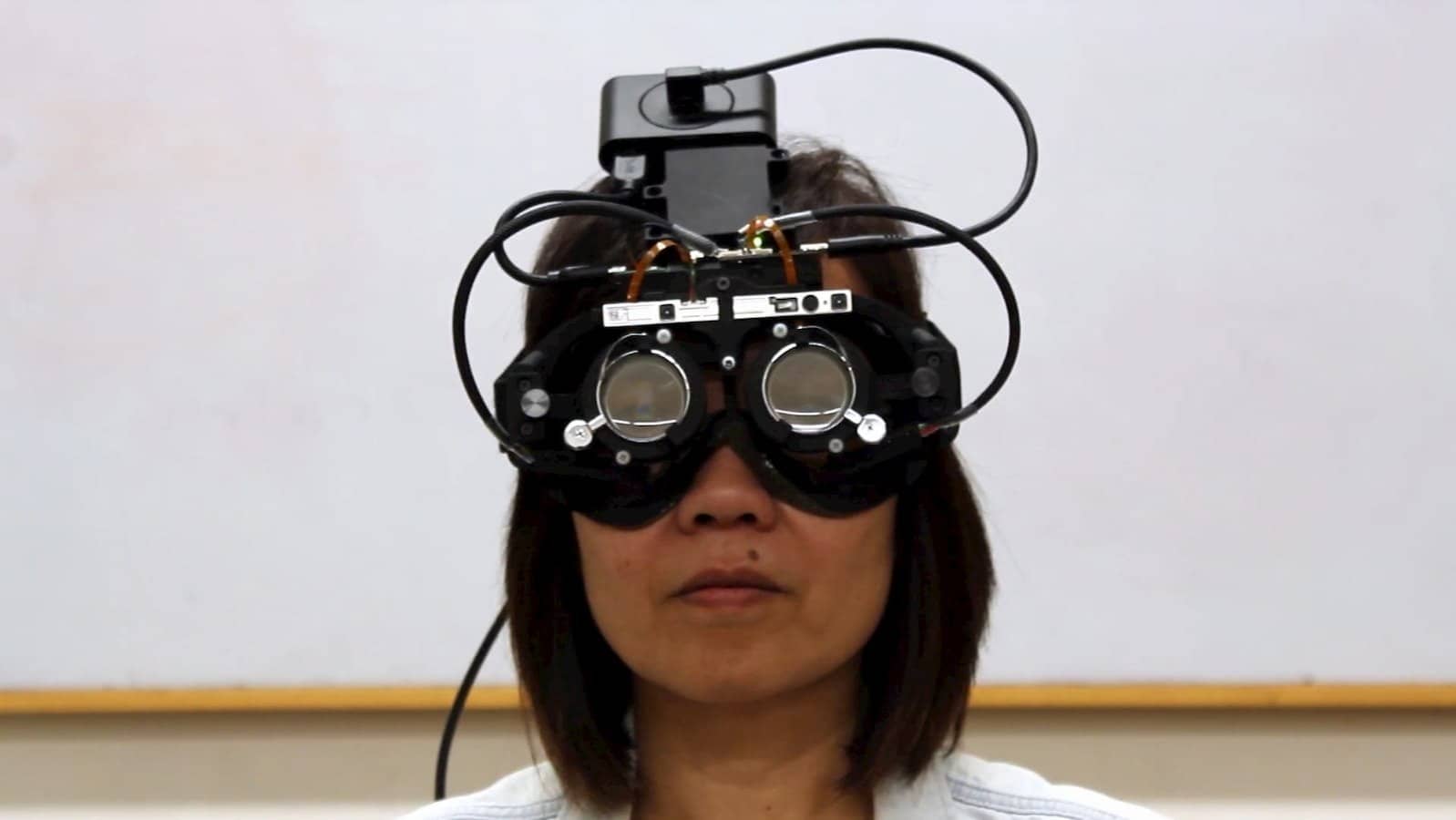Regardless of how good your eyesight is, there is a very decent chance that it will begin to deteriorate at a certain point in life. Presbyopia is a common far-sightedness issue that pops up in older people. People suffering from it have their lenses in the eyes become stiff and such patients have problems in focusing on close-up objects. A Stanford team has come up with a pair of high-tech specs known as autofocals.

Autofocals make use of fluid-filled lenses along with depth-sensing cameras and eye-tracking technology for making sure that whatever the user is looking remains sharp. Generally, the most obvious and basic solution to presbyopia is a pair of reading glasses; however they need to be taken off in order to see at a distance. Progressive lenses that feature different regions for viewing at varying distances, can be worn all the time but they still lack focus in the periphery.


The autofocals by Stanford have been designed to take care of these issues. The lenses in the prototype have been filled with fluid that reacts to electric current and becomes thinner or thicker to alter the depth of the focus as required. An eye-tracking system works in tandem with these lenses that observes where the user is looking and a depth-sensing camera calculates just how far the given object is and then makes adjustments to the focus accordingly.

Gordon Wetzstein, the co-author of the study, said, ‘More than a billion people have presbyopia and we’ve created a pair of autofocal lenses that might one day correct their vision far more effectively than traditional glasses.’ The team carried out testing of these autofocals on a total of 56 persons suffering from presbyopia. The test subjects said that the new glasses made it easier and quicker for them to read and carry out other tasks in comparison to the progressive lenses.

The researchers have acknowledged that they are not the ones who invented the lenses or the eye-tracking tech but they are the first ones to have integrated them both into a singular system for tackling sight problems. The research has been published in the journal Science Advances.


